Amit elan
Amit Elan is leading the vision of Kiyumí. He is co-director of Altered – a conference exploring psychedelic research and consciousness in Berlin.
We create nourishing and transformative spaces for self-inquiry and growth. Led by a diverse team of specialists, through legal, psychedelic-assisted retreats, we support you to explore non-ordinary states of consciousness—safely, deeply, and intentionally.
We create nourishing and transformative spaces for self-inquiry and growth. Led by a diverse team of specialists, through legal, psychedelic-assisted retreats, we support you to explore non-ordinary states of consciousness—safely, deeply, and intentionally.
Attune to
purpose and
connection
Psilocybin-containing truffles have the potential to open doors within the mind, inspiring fresh perspectives and nurturing a deeper sense of presence. By supporting neuroplasticity and the formation of new neural pathways, these experiences can encourage a grounded connection to oneself and the moment. Through thoughtful integration, insights can take root in daily life – nurturing clarity, emotional release, and expanded awareness.


Over the years, we have collaborated closely with Dr. Gabor Maté as a guide and teacher, supporting individuals and groups in our psychedelic-assisted programs. We’ve also had the privilege of working with leading experts in the field like Dr. Rosalind Watts, Camille Barton, and many other brilliant humans.
We take an integrative, psychedelic-assisted approach to wellbeing, bridging contemporary, trauma-informed practices with the traditional wisdom of plant medicine from across the globe. Through mindful and embodied techniques, we explore how to cultivate deeper connections—with ourselves, with others, and with the world.
Our psilocybin-assisted retreats are designed to support you, with careful preparation and integration, helping you ground and navigate the transformative potential of these experiences.


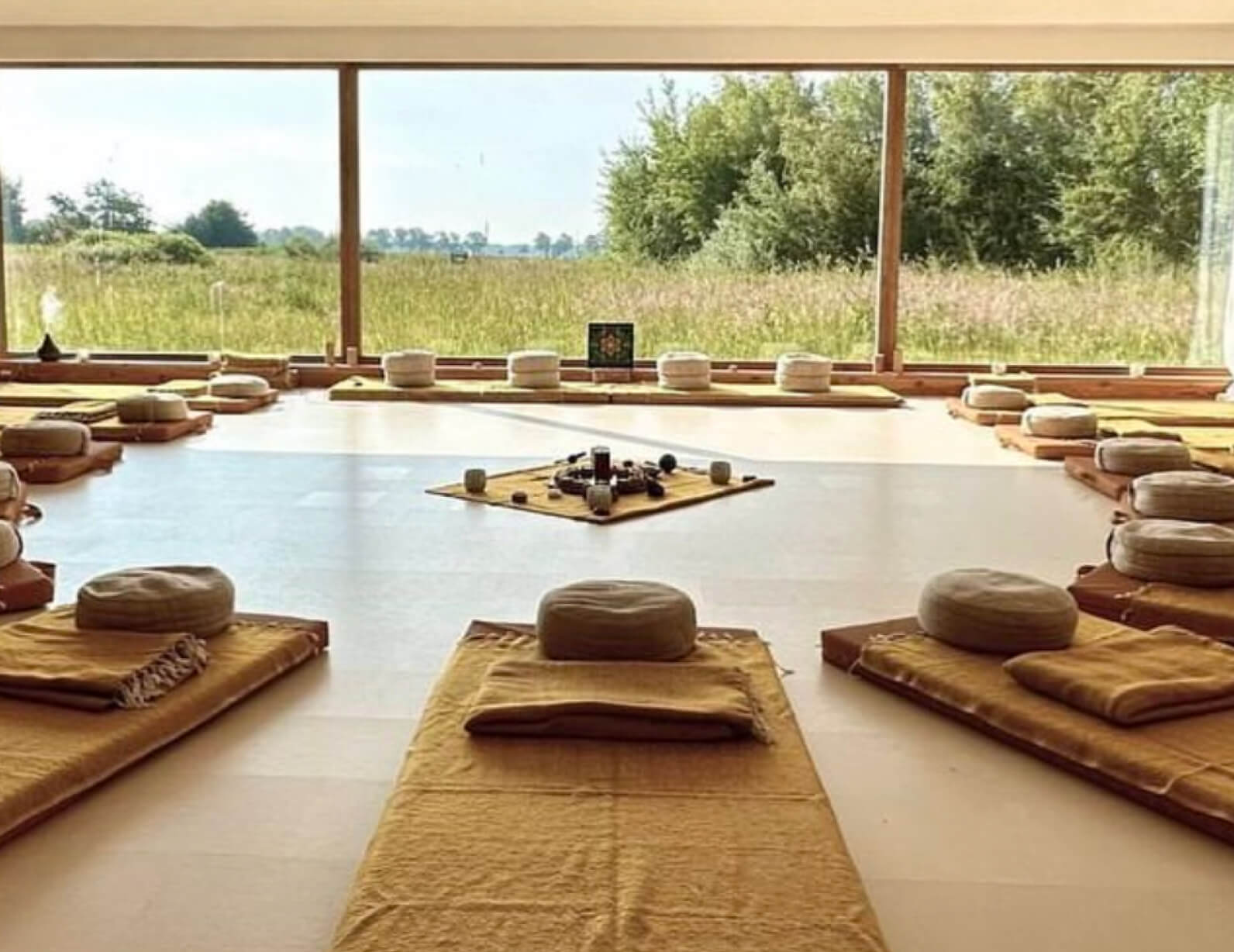
Our retreats are designed to support you in going deeper, rediscovering, and thriving in a space that honors the balance between your individual journey and the strength of the collective. The group experience nurtures connection and a sense of belonging, while personalized 1:1 sessions provide a space to reflect and explore what feels real and meaningful to you. By opening to your creativity and engaging with the spectrum of your emotions, you’re invited into a truly meaningful experience.

We are passionate about creating safer spaces where the well-being of the self can be explored and where personal and social growth may occur. Our retreats blend deep ceremonial experiences with moments of playful exploration—soundscapes that speak to your soul, gentle movement, and stillness that reconnects you to a sense of aliveness.
We focus on remembering our oneness with nature, coming together to listen, share, and inspire. We’ve seen how our approach fosters a greater sense of belonging, healing, and vitality—integrated in meaningful, lasting ways that extend beyond the retreat experience.
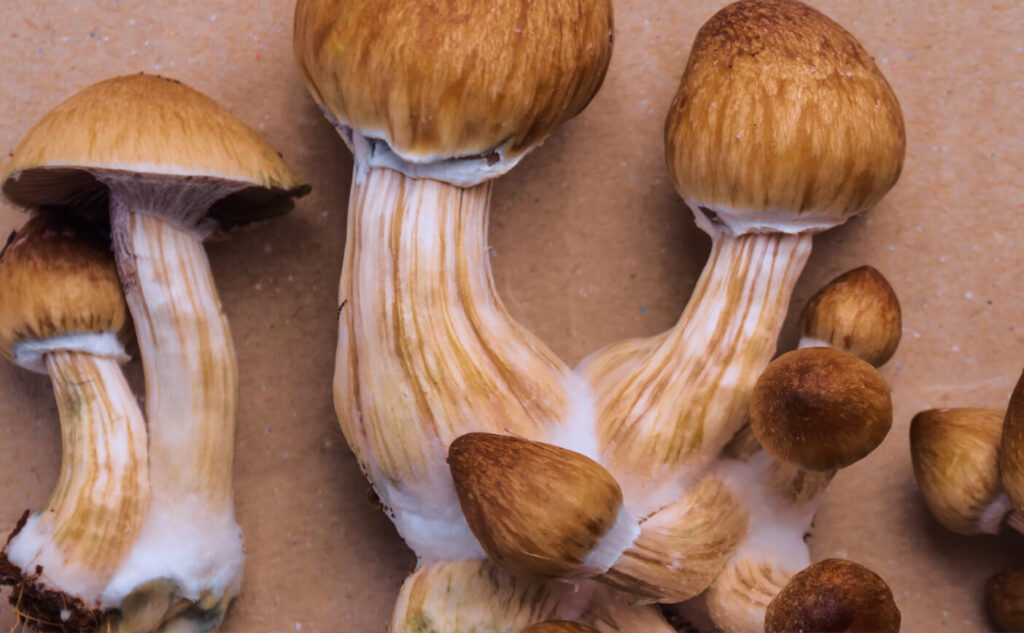
The effects of psilocybin, the active compound in magic mushrooms and truffles, are profound and multifaceted. Our retreats are designed to provide a safe and open environment. As the frontier of psychedelic research continues to expand, we remain committed to evolving our practices by integrating the latest insights and innovations.
To ingest psilocybin is to intimately commune with nature and attune with our inner landscapes. Beneath the forest floor, vast fungal mycelial networks function as intricate resource webs, enabling trees to exchange messages and nutrients. This extraordinary system exemplifies connection and mutualism, inviting us to bond with our interrelated natures and reminding us that we are integrated into the web of life.


You are invited to embark on a journey of self-discovery, crafting meaning and insights that honor your unique path. Through reflective inquiry, you deepen your connection to who you are, uncovering your humanness, artist, and seeker within. In this space of care and belonging, you also build meaningful connections with others, fostering a sense of community and shared discovery.
As you engage with the world around you, you reconnect with nature’s rhythms and cycles while opening yourself to the unknown, embracing the mystery and possibilities that lie beyond the ordinary. This unfolding of four layers of connection—self, others, nature, and the transcendent—supports a renewed sense of embodied presence.
Our specialized facilitators create a safe, supportive space for open conversation and reflection, preparing you before the retreat, continuing throughout, and extending into post-retreat integration. Our work is rooted in psychotherapeutic practices such as Hakomi, SE, and ACT, Gestalt, and Compassionate Inquiry, ensuring you feel truly heard, supported, and grounded as you navigate each layer of your journey.
Group work offers a unique space to connect, reflect, and grow alongside others. It can be a rewarding and healing process, deepening our understanding of relatinal patterns and shared community. Through our integration program, workshops, and sharing circles, we create a compassionate space where we support each other in meaningful ways, cultivating a sense of belonging and helping one another thrive.
The body is the bridge to our experience. Through somatic practices, we deepen our connection to the body, cultivating awareness and resilience. We offer tools for nervous system regulation, helping you ground and reconnect. Our workshops and nourishing plant-based meals are designed to support embodiment, complimenting the psilocybin journey with presence and care.
In workshops and the journey, we explore spirituality, the unknown, and personal rituals with curiosity and gratitude. These practices deepen awareness, connect us to subtle experiences, and bridge the psychedelic and daily states.
Freeing our expression through dance and movement can reconnect us with joy, and authenticity, allow deep emotional releases and help us discover modes of knowing that are beyond language.
Music is said to be the language of the soul and is used in many traditions to guide the self through different states of consciousness. Each Kiyumí psychedelic journey is held and navigated with carefully curated soundscapes, both acoustic and digital, through which we create an attuned and nurturing environment.
Honoring indigenous values and deep ecology, we explore our connection to the Earth, learning to listen, feel, and commune in new ways that realign us with nature’s rhythms. Through contemplative practices such as mindfulness, meditation, yoga, and storytelling, along with nature immersions, we deepen our awareness of both the inner and outer worlds, supporting the simple yet profound act of being.

Meet our team of specialists from around the world—psychotherapists, somatic practitioners, medical doctors, naturopaths, yoga teachers, and art therapists.
Amit Elan | Lisa Wessing | Dr. Julia Javkin | Lia Amit | Dr. Juan Paris | Publio Valle | Asha Passalacqua | Juliana Bizare | Allison Creech | Lara Longo | Dr. Gabor Maté | Rosalind Watts | Leor Roseman

Kiyumi’s Psychedelics & Compassionate Inquiry Program with Dr. Gabor Maté

Kiyumi’s Psychedelics & Compassionate Inquiry Program with Dr. Gabor Maté
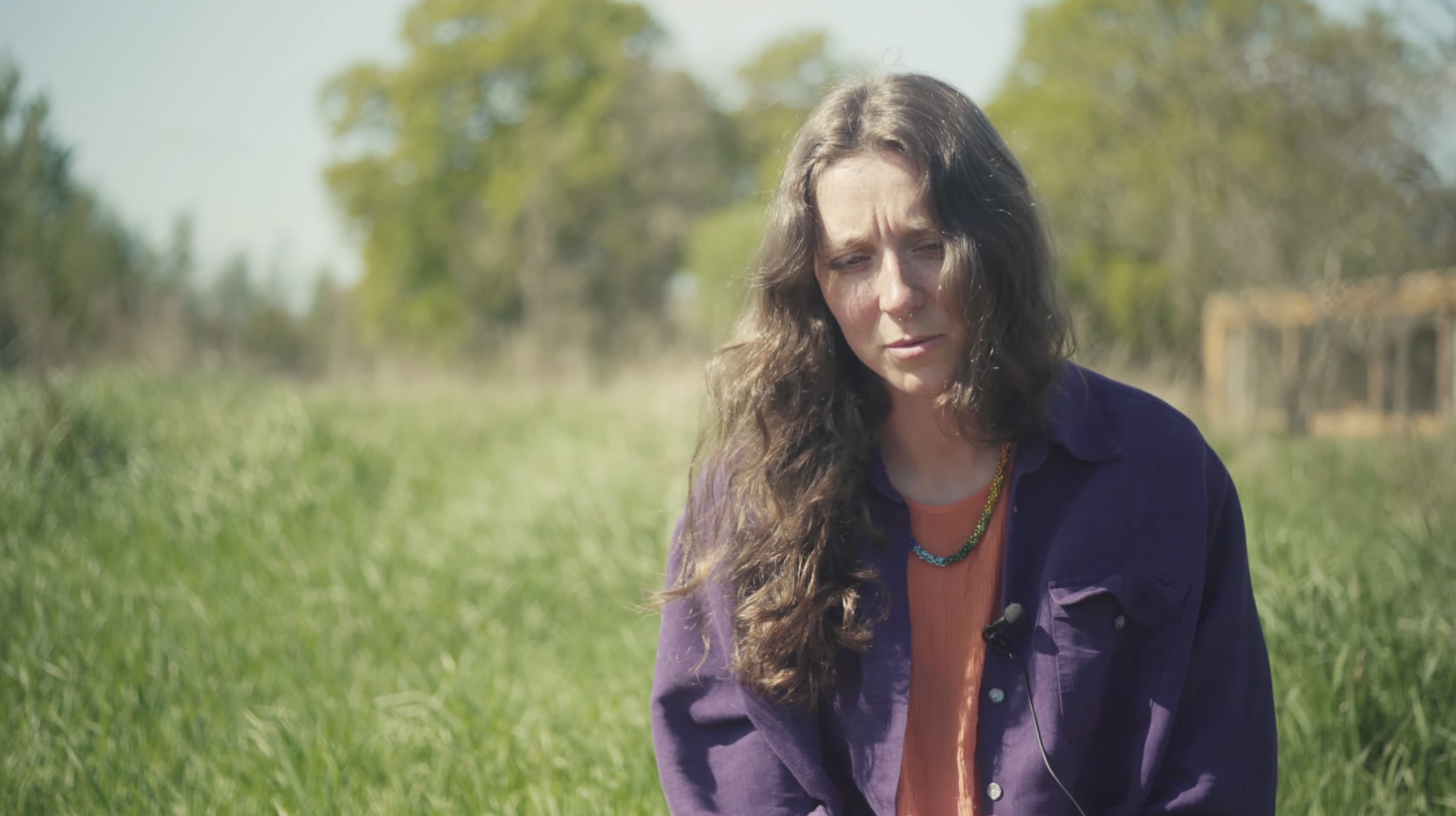
Kiyumi’s Psychedelics & Compassionate Inquiry Program with Dr. Gabor Maté

Kiyumi’s Psychedelics & Compassionate Inquiry Program with Dr. Gabor Maté

Kiyumi’s Psychedelics & Compassionate Inquiry Program with Dr. Gabor Maté

6-DAY PSILOCYBIN RETREAT
Our interdisciplinary team of trauma-informed specialists is here to support you on this in-depth journey. We come from diverse backgrounds—medical doctors, psychotherapists, somatic healers, body, voice, and movement practitioners, researchers, and artists—each offering their unique skills to support and nurture your experience.
Amit Elan is leading the vision of Kiyumí. He is co-director of Altered – a conference exploring psychedelic research and consciousness in Berlin.
Dr. Julia Javkin graduated as a physician from the U.N.R in Argentina. She graduated as an Acupuncturist at that same University.
Lisa Wessing has a Master in Clinical Psychology and was trained in psychology, anthropology, and biology in her BSc.
Dr. Maté is a medical doctor with expertise on addiction, trauma, childhood development, and the relationship of stress and illness.
Dr. Rosalind Watts is a clinical psychologist and the founder of ACER Integration.
Leor is a researcher at the Centre for Psychedelic Research, Imperial College London.
Camille is a Social Imagineer who operates as a catalyst for social change, dedicated to creating networks of care and liveable futures.
Juan is a physician and psychiatrist. He is currently the lead therapist in research on the therapeutic applications of psilocybin and 5-MeO-DMT.
Públio is an integration therapist, yoga and meditation teacher.
Asha is an integrative bodyworker, aquatic therapist, and movement facilitator.
Juliana’s first spiritual experience was a journey with Ayahuasca in the Santo Daime tradition, in Brazil in 1995.
Santiago is a trained physician from Colombia who works as psychiatrist and therapist in Barcelona.
Ohad is a somatic psychotherapist and phenomenological researcher focused on self-dissolution in meditation and altered states.
Amit is a Yoga Therapist specializing in chronic pelvic pain, incorporating techniques from her training in Somatic Experiencing.
Ale is attentive learner of life, apprentice of American ancestral traditions, holistic nutrition and detoxification coach.










As we accept your finished application, you will immediately receive an email with a link to the payment options. Once paid, your participation is fully confirmed for your chosen retreat.
A middle-sized group of up to 16 participants offer the best of both worlds, enough space for yourself and your processes as well as many occasions to get inspired during the workshops and the several group’s exchanges.
With a ratio of 1 facilitator per 4 participants, it is a team of 4 to 5 team members.
Yes, of course. We offer free discovery calls with one of our facilitators in which you can ask questions, get an overview of our programs, and a feel for our work. Please book via: CALENDLY
Yes, for every participant in a retreat we offer one preparation session before the retreat, one integration session after the retreat in addition to several sessions during the retreat. It is also possible to book more sessions with one of our team of integration therapists for an additional fee. Please refer to our Integration Support page on the website for more information.
Currently, non-clinical settings such as a retreat do not allow us to provide therapy. We offer a tailored program as well as a safer space held by our trained team of experienced facilitators. These experiences may be therapeutic, though they cannot substitute therapy.
Therapy can be incredibly supportive to the retreat process and provide a space for you to allow your process to continue unfolding. It is advisable to inform your therapist of your decision to work with psilocybin truffles. If your therapist is unfamiliar with the research showing psilocybin’s effects, you may want to refer them to some reference pages. Many therapists who were initially skeptical of psilocybin have come to embrace its benefit to their clients.
It is important that your application reflects your actual state as well as your medication. Some might have contraindications and we need to make sure we can safely work together before, during and after the retreat.
According to research on the use of psychedelics and mental health there are certain conditions for which psychedelic use is not advised. These are schizophrenia and bipolar disorder. There are also mental health challenges for which group retreats are not suitable and for which therapy would be more appropriate (e.g. people actively struggling with substance use disorder, suicidal thought patterns, etc.). These guidelines ensure the well-being of our participants and we hope for your understanding. Our application process seeks to support each person in the best way possible.
Unfortunately, we cannot accept anyone taking antidepressant medication at this time. This is because SSRI and SNRI antidepressants work on the same receptor system as psilocybin and block the effects of it. We believe that trying to overwhelm the medication with the truffles is not a sensible approach.
Your retreat fee includes a €300 non-refundable deposit which covers application processing and administrative fees. In case of any questions, please reach out to contact@kiyumi.org. Our office team will be of assistance.
Should you wish to cancel your participation on the retreat dates that you booked, we offer the following options:
If you are paying in installments and need to cancel for any reason after the deadline, then your full payment is still due on the previously agreed upon dates.
The training has distinct cancellation policies; please refer to the Training page.
If the cancellation is due to an internal need from our team, we will offer each participant to register themselves in any upcoming retreat within 12 months from the original one or will proceed to a refund of the retreat’s cost if wished. In case of refund, an administration fee of 50€ will be kept.
Arrival: Before 13:00 CET Onward travel: After 18:00 CET
The retreat group will meet earliest at 13:00 CET at the Kokopelli Smartshop /kokopelli.nl. The smartshop is located about a 5 minutes walk from Amsterdam Central Station. Here, the group will gather and also buy the truffles for the retreat. A facilitator will meet you there and bring you to the shuttle.
You may also choose to make your own way to the venue. The address of the venue will be in your preparation kit sent upon your registration.
The retreat ends around 13:00 CET on the last day. You will arrive at Amsterdam Central Station between 16:00 – 17:00. Please book your onward travel accordingly.
You will receive a digital preparation kit from us upon your registration in which you will be informed about what to bring and how to prepare for the retreat.
The meal plan is specifically adapted to the retreat, taking specific care in nutrition needed before and after your psychedelic journey. Nutrition is important for health and joy in life, and Kiyumí emphasizes delicious and healthy food as part of a happy life. All food is plant-based to ensure compatibility for everyone and is designed to meet dietary nutritional needs. Moreover, we ask you to notify us of any specific dietary requirements that you may have due to allergies, for example.
Yes, depending on availability and date of your request/booking. There is an additional cost of 250€ all together for 5 nights. You can book this during your registration with us. The number of private rooms is limited and given on a first come, first served basis. In a shared room you will generally share with only 1 other person.
For each retreat, there is the option to book a spot in the shuttle that will pick you up on arrival day and drop you off on leaving day near Amsterdam Centraal Station. There is an additional cost of 75€.
The venue provides bed sheets and towels but no toiletry. We invite you to bring reusable bottles over single-use ones. It is always useful to bring comfortable clothing and your sauna-kit to relax in your free times during the retreat.
Unfortunately, it is not possible for participants to arrive a day late or leave a day early. The retreat is constructed in a way to create a safe container for all participants and in which all parts are important for the individual as well as group experience. We also recommend taking some time off after the retreat, a day or more, to allow for a smooth transition back into daily life.
Fungi are complex beings in which the mushroom is only one part of the whole. The mushroom is the fruiting body of fungi and is visible above the ground. The larger part of fungi is actually below ground and is called the mycelium. This is a web of thin fibers that grow through the soil, wood, and organic matter. The mycelium connects plants and trees within a forest, exchanges minerals and food with plants, and digests and breaks down plant matter. Some species of mushrooms have adapted to droughts by creating tough knots of mycelium beneath the ground, which are commonly called truffles. We use truffles in our retreat as psilocybin containing mushrooms are not legally regulated in the Netherlands. As such, truffles may have a different appearance, yet they share the same active ingredient with the so-called “magic mushrooms”.
Participants will ingest the truffles in a ginger tea infusion which allows fast absorption and helps reduce the possibility of nausea.
While participants very often describe blissful experiences, strong challenging emotions can also be part of it. It is important to always keep in mind that these emotions are transient and part of your personal experience. For some people experiencing a difficult patch in a safely held space can be very meaningful and helpful to understand more about themselves.
The recommended dosage goes from 1 to 1.5 packs (between 25gr to 37gr) of a specific strain to maintain safety and consistent results. Which is around 30-35mg of the active compound Psilocybin. It depends on your medical history, body weight, personality type, and previous experience with psychedelics. Ultimately, you will determine the amount with your dedicated facilitator. We require that you respect and trust our dosage recommendations, as your safety is our number one priority.
Psilocybin is a substance with a very low toxicity profile and which interacts with the serotonin system. The serotonin system is a network of receptors and pathways in the brain that regulates mood, emotions, sleep, and perception. By influencing this system, psilocybin can temporarily alter perception and thought patterns, often leading to profound experiences. According to research by Professor David Nutt, psilocybin is one of the least harmful psychoactive substances, with a safety profile far superior to many commonly used mental health medications. This makes it a promising tool in therapeutic applications and personal exploration when used responsibly.